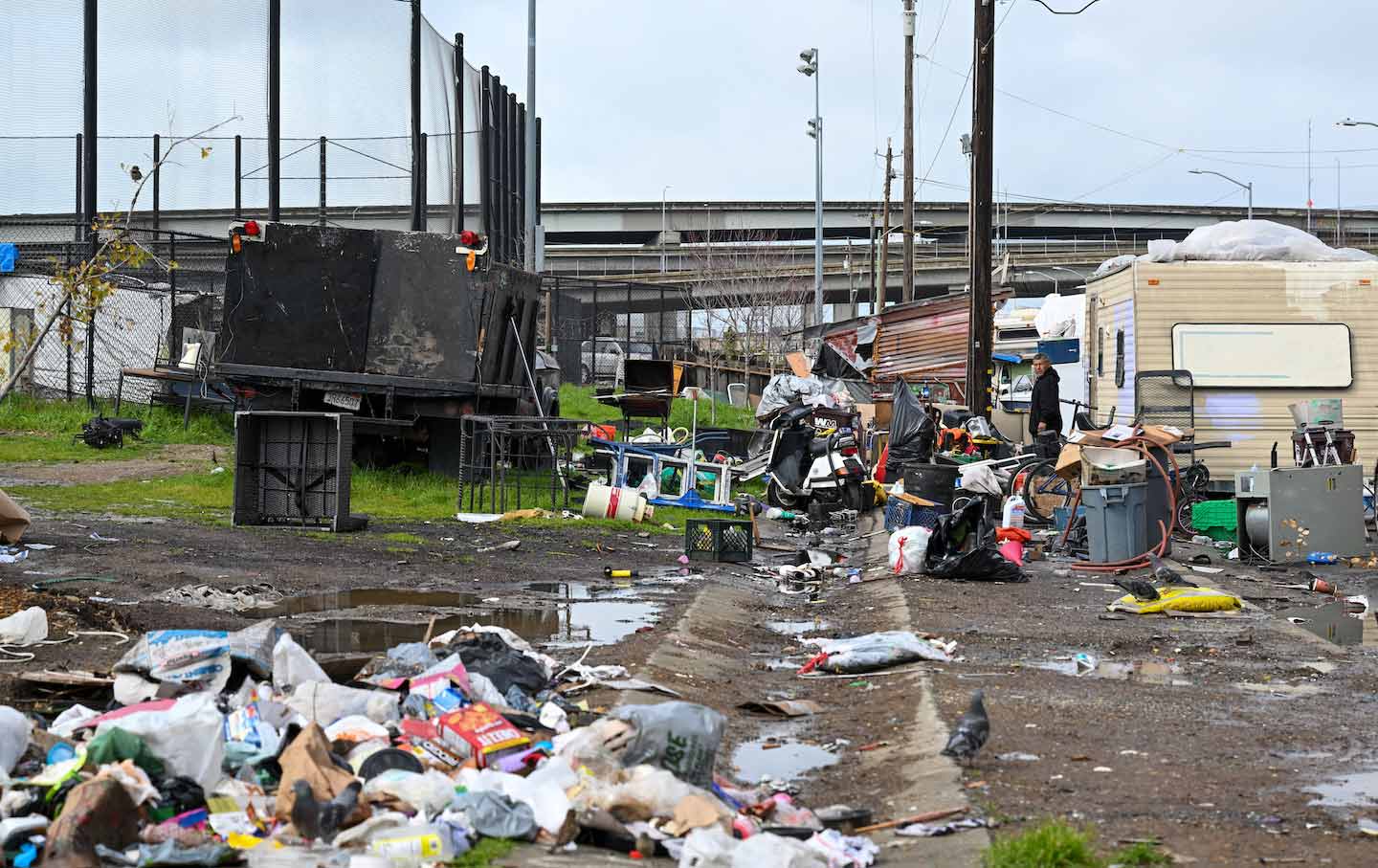
Microplastics have become an omnipresent threat in our environment, infiltrating rivers, lakes, clouds, soil, and even the highest peaks of Mount Everest. These tiny particles have been found in a startling array of consumables—from meat and seafood to fruits, vegetables, and even salt. Recent research indicates that the average human brain could contain up to 7 grams of microplastics, roughly equivalent to the weight of a plastic spoon. Alarmingly, predictions from UN researchers suggest that plastic production is set to double by 2040, raising concerns about the worsening implications for human health and the environment.
Public sentiment reflects growing unease over plastic dependency, with a significant portion of Americans actively seeking to reduce their plastic usage, according to a 2024 PBS, NPR, and Marist University poll. This rising consciousness was echoed by Health Secretary Robert F. Kennedy Jr., who, during his presidential campaign, emphasized the urgent need to address plastic pollution, labeling it a crisis for both human health and the planet. Kennedy vowed to tackle the plastic crisis with vigor—an assertion grounded in the increasing evidence of the detrimental health effects associated with plastics.
Experts, including Tracey Woodruff, a professor at the University of California, San Francisco, underline the urgency of action. “It’s time to act now,” she warns, highlighting the potential for irreversible damage if we fail to address the plastic crisis promptly. Microplastics, defined as any plastic particle less than 5 millimeters in size, come in various forms and are composed of numerous fossil fuel-derived polymers, including polyethylene terephthalate (PET) and polyvinyl chloride (PVC). The additives used to enhance their properties can pose significant health risks, yet many of these chemicals remain untested for safety.
The pervasive nature of microplastics means we ingest these harmful particles through contaminated food and beverages, inhale them as airborne particulates, and absorb them through personal care products. As plastics break down in the environment—a process that can take hundreds of years—they leach toxic substances into our soil and water systems. Megan Wolff, executive director of the Physician and Scientist Network Addressing Plastics and Health (P-SNAP), emphasizes the inevitability of plastic degradation: “All plastic becomes microplastic sooner or later.” Some estimates suggest that adults may consume tens of thousands of microplastic particles daily.
Historically, the rise of plastics can be traced back to World War II, when synthetic materials became essential for military applications. After the war, manufacturers shifted to civilian markets, embedding plastics in countless products, from medical equipment to household items. Journalist Mariah Blake highlights that this surge in plastic use is a legacy of the military-industrial complex.
The consequences of this legacy are becoming increasingly evident, as studies link microplastics to a range of health issues, including heart disease and inflammatory bowel disease. A recent influential study published in the *New England Journal of Medicine* found that individuals with plastic traces in their arterial plaque were at a significantly higher risk of severe health outcomes.
Despite the known risks, the current administration appears to be taking a step back from addressing the plastic crisis. While the Trump administration has acknowledged the dangers posed by microplastics and similar pollutants, it has simultaneously rolled back regulations aimed at curbing their impact. Recent actions include the elimination of protections for PFAS in drinking water and substantial budget cuts to the Environmental Protection Agency’s research initiatives.
Liza Featherstone, writing for *The New Republic*, pointed out the contradiction in Kennedy’s current position within an administration that seems intent on dismantling measures to combat plastic pollution. As criticisms mount, it becomes increasingly clear that the administration’s focus on bolstering the fossil fuel industry is incompatible with efforts to reduce plastic waste and pollution.
When contacted for comment, a spokesperson for the Department of Health and Human Services reiterated the administration’s commitment to researching microplastics and assessing their risks. However, the broader picture suggests a lack of concrete action to address the urgent need for regulatory reform and industry accountability.
In the international arena, negotiations surrounding a global plastics treaty have stalled, with the Biden administration backtracking on its earlier support for measures that would limit plastic production. As the Trump administration embraces fossil fuel producers and plastic manufacturers, experts warn that this trajectory will exacerbate plastic pollution.
At the local level, some states are taking proactive measures to limit microplastic pollution and reduce reliance on single-use plastics. However, experts stress that the onus of responsibility ultimately lies with fossil fuel producers and government entities to implement change. As Kennedy himself noted in 2023, “The people who are causing the problem are not being forced to pay to clean it up.” This persistent issue is not merely a market failure; it reflects a troubling governance failure that must be urgently addressed to protect public health and the environment.


